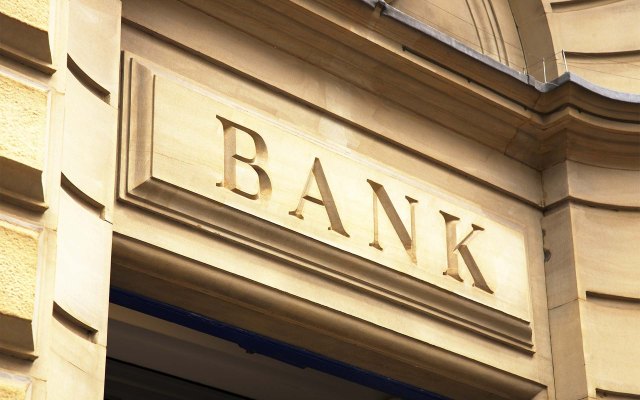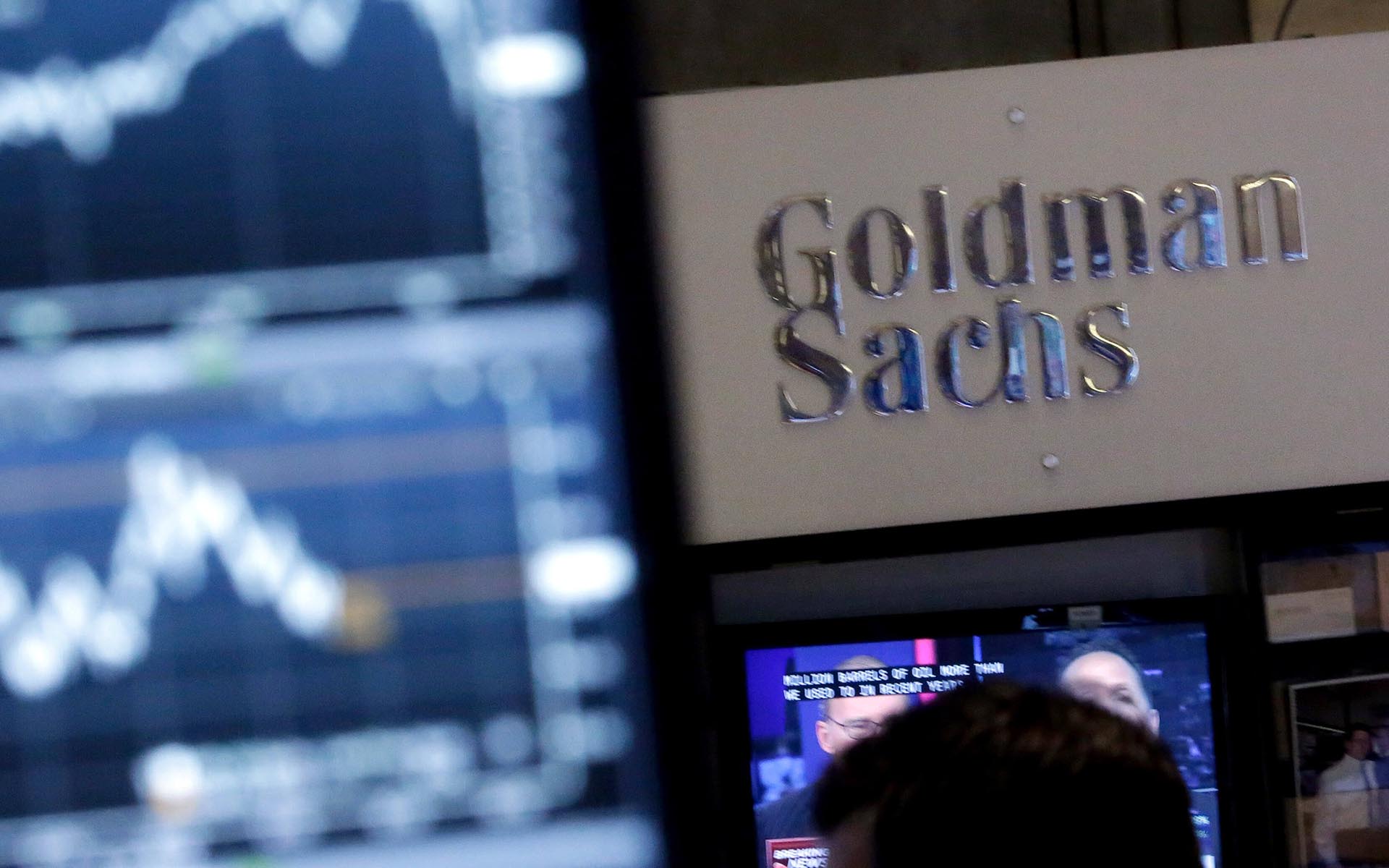
Goldman Sachs is asking traders to provide 100% margin on the bitcoin futures positions it’s clearing, reports suggest.
Reports have hit the press this week that Goldman Sachs is demanding that certain clients stump up 100% margin on their bitcoin futures positions, with the potential for volatility in the underlying asset cited as the driving force behind the decision.
On December 10, CBOE Global Markets Inc., which is one of the world’s biggest regulated exchanges, started offering bitcoin futures as a tradable asset to its clients. At the start of next week, on December 18, CME Group Inc., another large regulated exchange and a major competitor to CBOE, will do the same.
It seems, however, and as underlined by the latest reports out of Goldman, that the banks that clear these trades won’t be nearly as lenient with regards to lending facilities as they are when it comes to futures based on more traditional underlying assets – things like gold, silver, corn, etc…
Goldman Sachs wanting 100% margin on Bitcoin reveals their expectation of the bitcoin to perform higher next year. #GOLDMANSACHS #outofreaach #BitcoinFutures https://t.co/qPsIyaFad8
— Estèlle (@Alibaba_GP) December 15, 2017
What Does This Mean, Exactly?
When an exchange offers a futures contract, it’s a contract that stipulates the trader must fulfill the trade a certain fixed price on a certain fixed, date in the future. Said trader can use these contracts to play the market depending on his or her prediction as to where the price of the underlying asset will be on the future date in question.
While it’s the exchanges offering the asset, banks are generally used as clearinghouses, which are a sort of intermediary between buyers and sellers of financial instruments.

An Example
Generally, people who trade in futures will do so using margin, which allows them to command a much larger position in the underlying asset that their upfront capital would allow. For example, a $1 million margin payment on a 10X leveraged position would mean allow the trader to command $10 million worth of the underlying asset – in this instance, bitcoin.
Instead of the exchange providing this margin (and, in turn, taking the risk that the trader can’t pay up once the trade completes), it’s (normally) the clearinghouse.
So, in line with the above reports, Goldman Sachs is refusing to allow certain traders to trade on margin at all (i.e. requiring all $10 million upfront in the above example) or is requiring much higher percentage down payment (50%, 75% etc.) than it would if the futures contract was rooted in gold.
It’s not all that surprising, given the nascent state of this industry and the asset in question but it does serve to illustrate the uncertainty surrounding the future of Bitcoin from an institutional perspective.
Do you trade on margin? Should banks require a higher margin until Bitcoin stabilizes? Let us know in the comments below!
Images courtesy of AP, Pexels


















